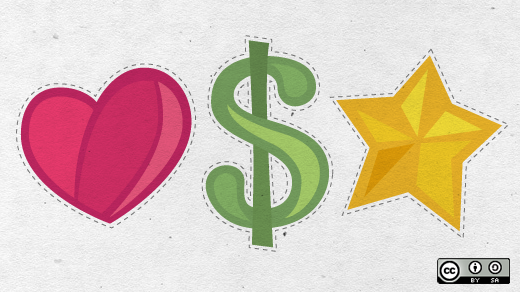Point of sale (POS) systems have come a long way from the days of simple cash registers that rang up purchases. Today, POS systems can be all-in-one solutions that include payment processing, inventory management, marketing tools, and more. Retailers can receive daily reports on their cash flow and labor costs, often from a mobile device.
The POS is the lifeblood of a business, and that means you need to choose one carefully. There are a ton of options out there, but if you want to save money, adapt to changing business needs, and keep up with technological advances, you would be wise to consider an open source system. An open source POS, where the source code is exposed for your use, offers significant advantages over a proprietary system that keeps its code rigidly under wraps.
With an open source POS, you get a few key things.
Unlimited flexibility
Open source systems play well with others. Their ability to integrate and connect with third-party products—from accounting and customer relationship management software to order management and inventory systems—makes them an attractive proposition for business owners who need to expand beyond the feature set of a proprietary POS.
In a 2014 technology survey, restaurant owners said integration would be a major factor influencing their next POS upgrade. This is one area where open source really shines. A proprietary system is what it is. But with open source, you have endless possibilities for integration and customization. If you think your business model is ever going to grow and change, it only makes sense to consider an open source POS that allows you to adapt as needed.
Faster development
Another advantage of open source systems is that they are often backed by a large community of developers who are continually building new functionality and improving on old features. By its very nature, the software development cycle for an open source project is much quicker than it is for a commercial product—bugs get fixed faster, updates get released sooner, and new modules are constantly being developed.
Lower cost
In this case, "lower cost" means "almost free." You still need to buy the hardware, but the software itself is free to use. An open source POS doesn't have the high start-up or ongoing maintenance costs of a proprietary POS, which can be anywhere from $3,000 to $50,000 a year, nor does open source force you into the locked-in pricing of a proprietary model.
In the 2015 version of the food service technology study, more than half of the restaurant owners surveyed said they were paying for multiple technology vendors—in some cases as many as 10. The cost savings of switching to a single open source system with custom modifications and no ongoing fees could be significant.
There is a caveat, however. If you don't have a tech-savvy staff, you may need to hire outside help to install, modify, and upgrade your software. Open source does allow for unlimited integrations and customizations, but you'll need someone with technical expertise to take care of that, which can incur additional fees. Still, it can be a very cost-effective option.
Better security
If the source code is out there for anyone to see, doesn't that mean it's open to malicious programmers who want to hack into your data? Isn't that a security nightmare? On the contrary.
The large community of developers that builds new functionality also searches out and repairs security flaws. There are many more sets of eyes dissecting and fixing open source code than there are reviewing the code for a proprietary product. In that way, an open source POS is actually more secure.
There are many options for open source POS solutions, to name some:
Making the jump
You know your business better than anyone. Only you can decide what point of sale software is right for you. Given the compelling advantages of an open source POS over a proprietary POS—flexibility, rapid development, lower cost, more security—open source is something every business should consider.




10 Comments